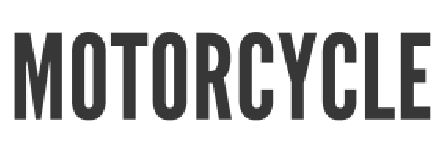October has the distinction of being a celebration of one specific activity while warning about the dire consequences of another, the latter directly affecting the business of the former and requiring education and extreme caution.
Cyber crime" is such a prevalent activity that we now have the distinction of an entire month dedicated to raising awareness about the issue and educating people on how to avoid becoming the victim of this unscrupulous act.
And October is Small Business Month, a time to celebrate the people whose entrepreneurial spirits make very important contributions to our communities. Of course, if there was anyone who needed to be extremely aware and cautious about cyber risk, it would be that very group of people, as small businesses often do not have the resources to mitigate all risks, nor deal with cyber attacks when they happen. There are plenty of steps that one can take and education will go a long way in adding a layer of protection.
What are the types of cyber crimes that exist and what pro-active measures can a person or business take to lessen the chances of becoming a victim?
I've done several posts on this very topic, including "How Serious Is The Scourge Of Cyber Crime Becoming?", "This Means (Cyber) War", and "Cyber Security For The Kids And Teens". Still, many people are unaware of just how many types of cyber crime exist, the names and terminology that relate to them, or proactive steps and protocols needed to stop them from falling prey to cyber criminals.Here are 5 common types of cyber crime of which to be aware, and a few tips on ways to avoid becoming an easy mark.
- Phishing: a fraudulent attempt, typically by e-mail, to steal your personal information or get you to participate in some activity that sees the transfer of money to the perpetrators.
- Watch for generic greetings, forged links contained in the e-mail, requests for any personal information, and other unusual requests that typically come with some sense of urgency or emergency.
- Malware: also known as malicious software, are programs or files that are harmful to a computer user and can include computer viruses, worms, Trojan horses and spyware.
- Always check domains of log-in pages to confirm accounts and ensure security by implementing updates frequently and storing passwords in locations such as password managers.
- Scams: a deceptive or fraudulent act that has a special offer or deal for the targeted victim, like the "too good to be true" scenario.
- Just like the saying, "if it sounds too good to be true, it probably isn't" and you should be immediately suspicious.
- Identity Theft: criminals take personal information about a person and use it to set up credit cards in your name or hack into your bank accounts and steal your money.
- Be very careful about what personal information you share on social media or other websites, and do not send any of this type of information in e-mails, as they can be intercepted by savvy criminals.
- Ransomware: just as it sounds, cyber criminals take control of websites and demand ransom payments to have them released.
- Use the same precautions as you would in Phishing protection, plus back up your data regularly and have a data recovery plan.
Did you know that you can get various degrees of insurance coverage to protect you and your business from cyber crime. Check out the offerings at BlueCircle and speak to one of their knowledgeable brokers.
For more detailed information on cyber crimes and proactive ways to protect yourself, use the handy search bar on the main page of this blog and type in "cyber crime.
As well, check out the BlueCircle blog page for our post about this topic.
As well, check out the BlueCircle blog page for our post about this topic.























